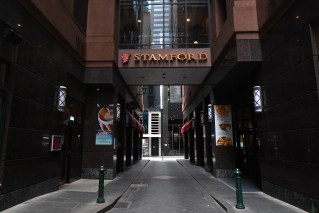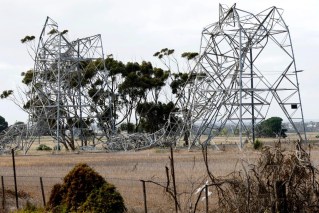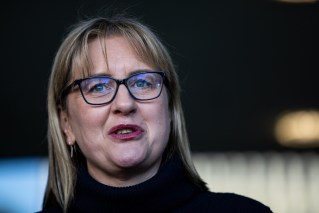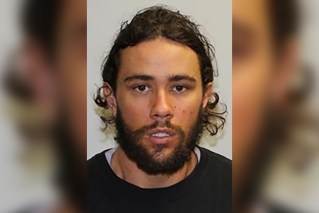Why Daniel Andrews apologised for what Labor did in its 2014 campaign
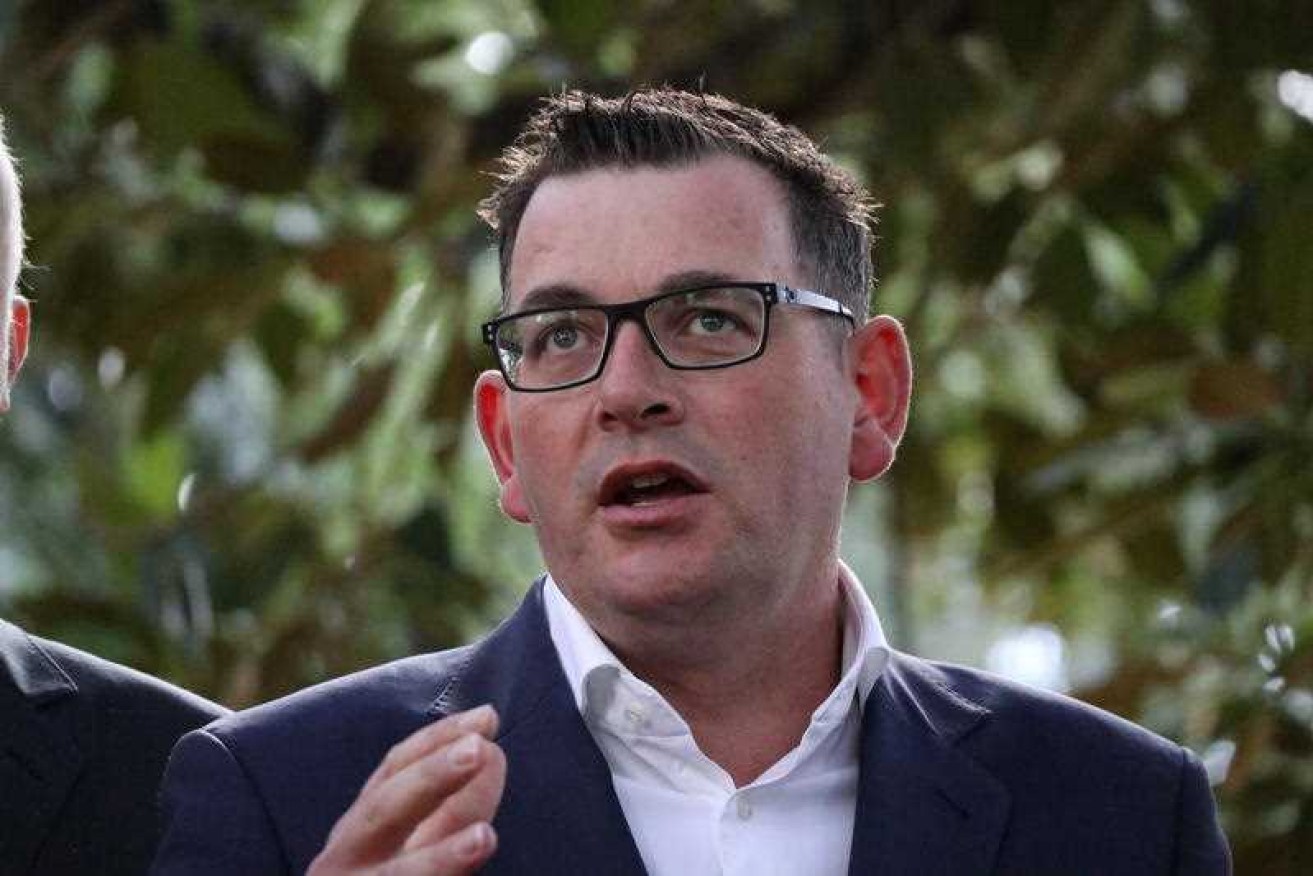
Victoria Premier Daniel Andrews says misused funds have been repaid. Photo: AAP
The Victorian Ombudsman found the Labor Party misused $388,000 in taxpayer funds during the 2014 election campaign.
The party has repaid the money, and Premier Daniel Andrews said he was sorry it happened.
How was money misused?
The parliament pays for electorate officers for MPs, to support them in parliamentary work and duties in their local area.
These officers are not meant to perform party political work.
Ombudsman Deborah Glass found Labor hired election campaign organisers under the guise they were working as electorate officers.
This means the taxpayer paid for people to go out and campaign for Labor.
The ombudsman found this was wrong.
How did the arrangement work?
When campaign organisers were recruited before the 2014 campaign, they were told they would also work casually as electorate officers.

Victorian ombudsman Deborah Glass found the arrangement was wrong. Photo: Ombudsman’s office
Ostensibly, they would work three days a week on the campaign, and two days a week as electorate officers.
But this was a ruse so the parliament would partially pay for the campaign.
The organisers were given pre-filled timesheets to sign saying they worked on “electorate duties” every Wednesday and Thursday, with the section asking for an MP’s name and signature left blank.
The value of all those timesheets added up to $387,842 that was paid out of parliamentary funds.
Who was responsible?
The report identifies John Lenders, who was treasurer in the Brumby Labor government and retired in 2014, as the architect of the arrangement.
It names 21 Labor MPs who broke the parliamentary guidelines by signing off on the payments.

Under the scheme, taxpayers footed part of the bill for staff working on Labor’s 2014 election campaign. Photo: AAP
Of those 21, 11 are still in parliament.
Six ministers – Attorney-General Martin Pakula, Special Minister of State Gavin Jennings, Energy Minister Lily D’Ambrosio, Sports Minister John Eren and Corrections Minister Gayle Tierney – were involved in the scheme.
Labor ministers Jacinta Allan, Richard Wynne, James Merlino and Lisa Neville were among the MPs who benefitted from the arrangement, with the field organisers campaigning in their electorates.
Will anyone be punished?
The ombudsman found the MPs who signed off on timesheets believed it was legitimate, and received little or no personal benefit from what they did.
She said there were blurred lines between what was allowed and what was not, and the definition of a political activity.

Former treasurer John Lenders has stepped down as chairman of VicTrack. Photo: AAP
However, she said John Lenders had crossed the line.
Mr Lenders is no longer in parliament, but was the chairman of VicTrack, the state agency that manages transport assets and land.
He stepped down from the position only two days before the ombudsman’s report was released.
The Victorian opposition said the ministers involved should be sacked.
But the government seized on the fact the report did not recommend taking action against any individual.
Why has it taken four years to come out?
The allegations first emerged in 2015 and Opposition Leader Matthew Guy asked police to investigate whether any laws had been broken.
After an eight-month investigation, Victoria Police said no criminal offences had been committed.
Parliament’s upper house referred the allegations to the ombudsman, but the government said it was outside her powers.
Deborah Glass then asked the Supreme Court to rule on whether it was within her jurisdiction.
The court cleared the way for the ombudsman to investigate, but the government appealed against the decision, lost, and then appealed in the High Court.
Throughout the lengthy process, the government maintained it had done nothing wrong.
Legal fees for the proceedings are estimated to have cost the taxpayer more than a million dollars, and the opposition and the Greens have called for Labor to repay these costs.
-ABC

